Passage au crible
A short Critical Analysis of International Current Affairs
The intention of the critical analysis reports Passage au crible on international current affairs is to encapsulate and clarify the mechanisms of world affairs. Using a transnational approach, the reports are delivered in a concise and educational format each week proposing: 1) A brief and factual reconstruction of a significant event; 2) Historical context; 3) A theoretical framework which gives the non-specialist, with an interest in international relations, access to an approach which goes further than the simple empirical descriptive approach. 4) A specialist’s analysis; 5) A short bibliography providing key references – official documents, books, articles – by recognised specialists on the matter.
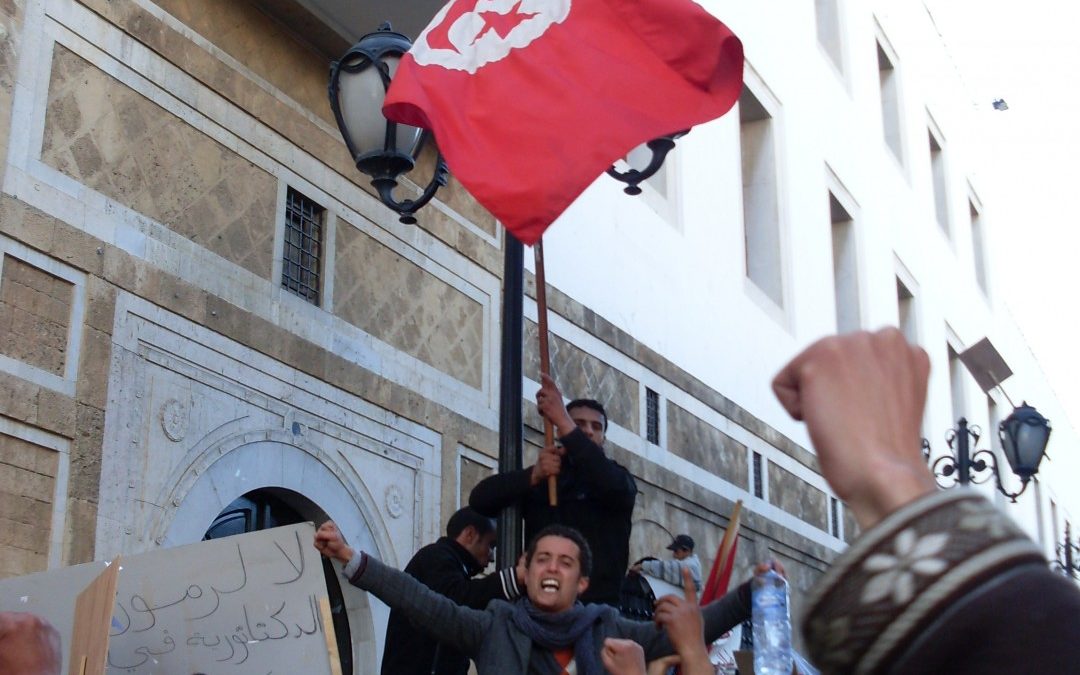
PAC 137 – The Nobel Prize, a Commitment against Islamism The Tunisian Quartet, Nobel Peace Prize Winner 2015
By Josepha Laroche. Translation: Lea Sharkey
The Nobel Committee, reunited in Oslo, awarded this year (on October 9, 2015) the Nobel Peace Prize to the quartet who has been leading the « national dialogue » in Tunisia for more than two years. The committee pays here a tribute to « its decisive contribution in the building of a pluralistic democracy in Tunisia in the wake of the ‘Jasmine Revolution’ of 2011 » This group is formed of four civil organisations…
read more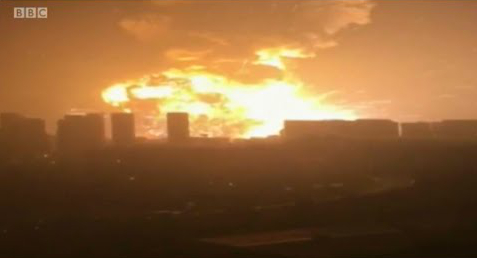
PAC 136 – A Political Censorship of Industrial Risks Tianjin Explosions, August 12 to 15, 2015
By Clément Paule. Translation: Lea Sharkey
On the evening of August 12, 2015, a blast shook off Tianjin City, the fourth most populated urban area of the People’s Republic of China. According to Chinese media, the incident had been caused by accidental fire of a storage station containing ethanol and alcohol based products…
read more
PAC 135 – The Outbreak of a Criminal Ecosystem Dark Web and Bitcoins, Tools of Cybercriminality
By Adrien Cherqui. Translation: Lea Sharkey
The American financial regulation organisation CFTC (US Commodity Futures Trading Commission) has made public on September 17th 2015 that any virtual currency may now be considered as a commodity…
read more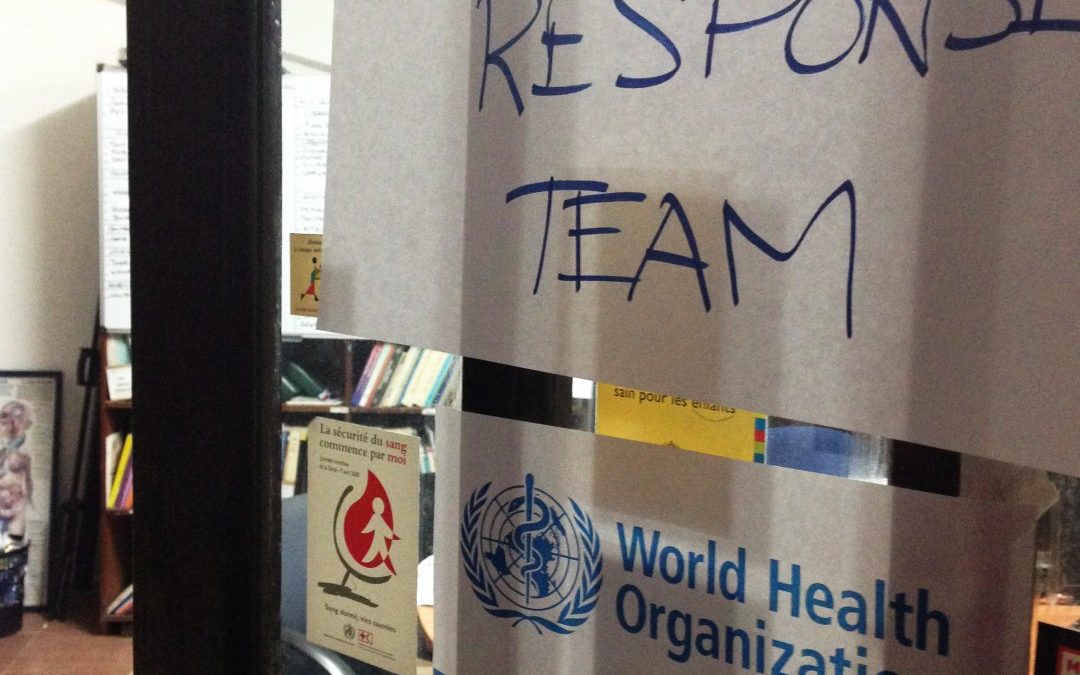
PAC 134 – WHO: an Arduous Redeployment The Ebola Outbreak Case
By Clément Paule. Translation: Cécile Fruteau
On September 14, 2015, the health authorities of Sierra Leone reported the death of a teenage girl infected with Ebola in Bombali, a district located in the Northern Province. Yet, during the previous six months, the area had not registered any new cases and the country had hoped to reach the forty-two days threshold without any new infections – i.e. twice the normal incubation period of the virus – that would have meant the transmission of the disease had stopped…
read more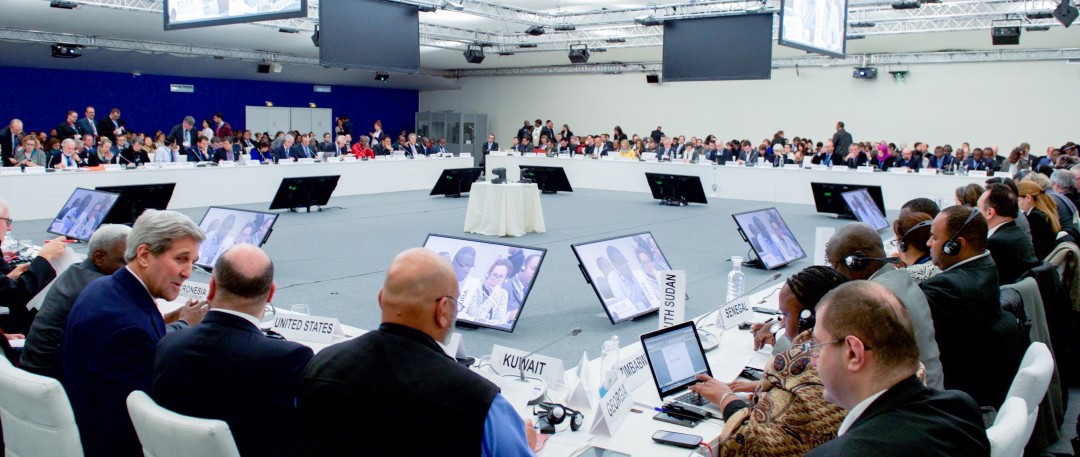
PAC 133 – Broadening the Scope of Global Climate Talks What Must Be Done for CoP21 to Cope with Environmental Issues?
By Stefan C. Aykut. Translation: Cécile Fruteau
In December 2015, Paris will host the 21st Conference of the Parties to the Climate Convention (CoP21). Great expectations surround what is advertised as the global governance’s major environmental event since the conference is supposed to secure an international agreement to cope with global warming. More than twenty years of discussions since the subject had been first broached at the Conference of Rio in 1992 were necessary to enable this issue to get its own given place on the international agenda…
read more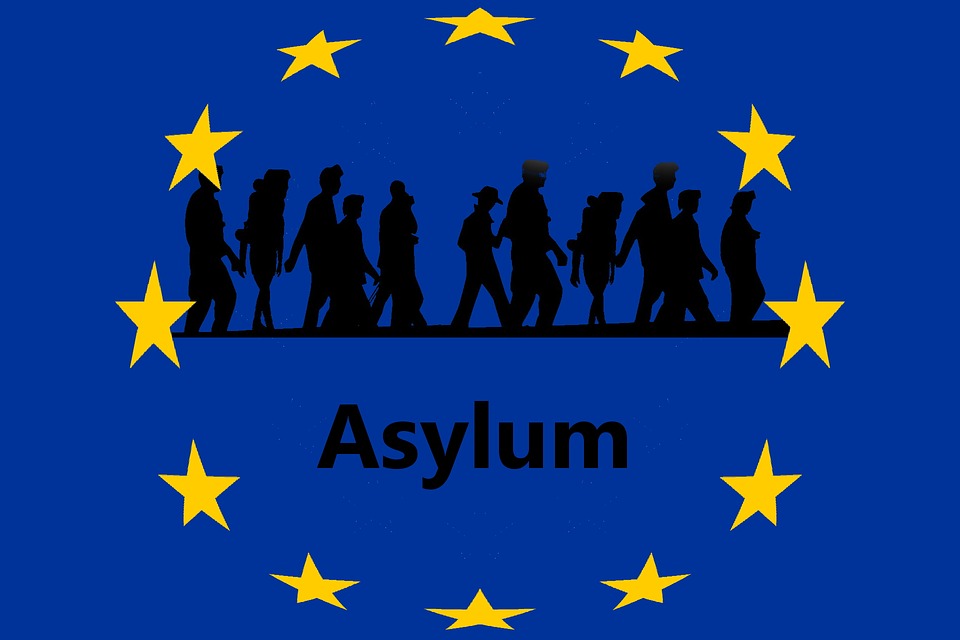
PAC 132 – The Illusory Rampart of State Sovereignty The Damaging Lack of Harmony of European Asylum Law
By Catherine Wihtol de Wenden. Translation: Lawrence Myers
In 2014, the EU received 625,000 asylum seekers, a figure not seen until then. Previously, the yearly number remained around 200,00 applications. In 2015, 300,000 people from around Europe (Libya, Syria, Iraq, the Horn of Africa) were forced to migrate due to the chaos facing their countries. Besides these facts, the drowning deaths of two thousand people at the borders of Europe are also deplored. Yet, the data continues to worsen. Between 2000 and 2015, an estimated 30,000 people perished in the Mediterranean. The overall number since 1990 stands at 40,000. At the same time, Angela Merkel’s speech in September 2015 was an unprecedented turning point. The German Chancellor announced that Germany was ready to host 800,000 asylum seekers in the coming months.
read more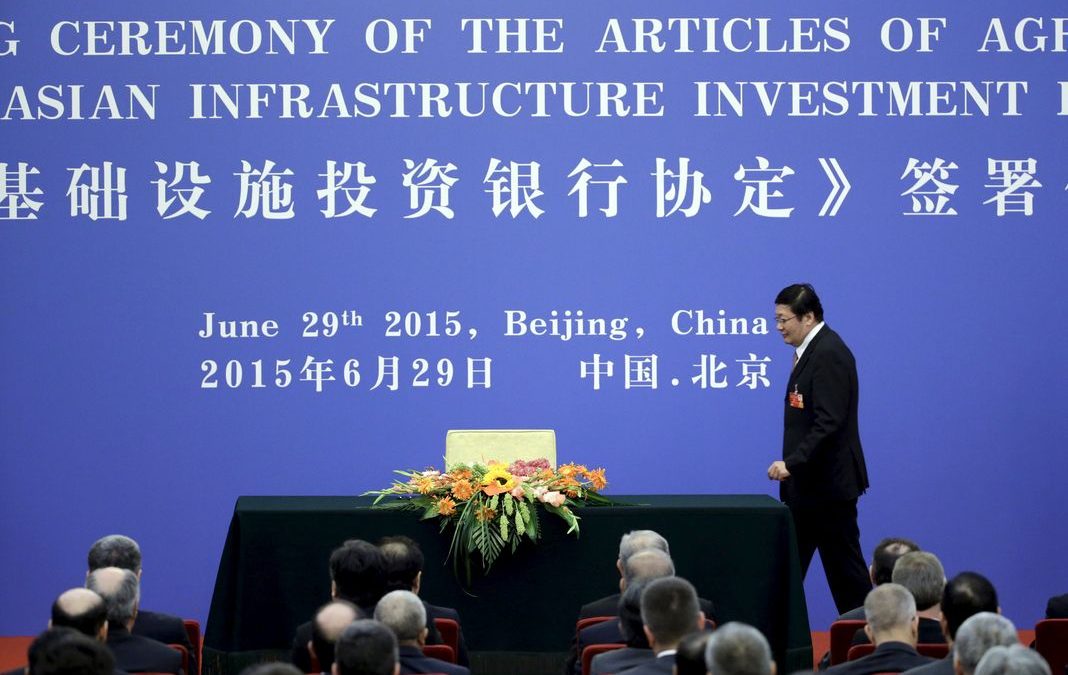
PAC 131 – A Multilateral Bank Between Cooperation and Predation The signing of the AIIB articles
By Justin Chiu. Translation: Lawrence Myers
On June 29, 2015, the signing ceremony of the statutes of the AIIB (Asian Infrastructure Investment Bank) was held in Beijing. Bringing together 57 countries worldwide, this new multilateral bank has established a $100 billion fund of which 30% comes from China. Considered a diplomatic success of the Chinese state, the creation of the AIIB marks a turning point in global finance.
read more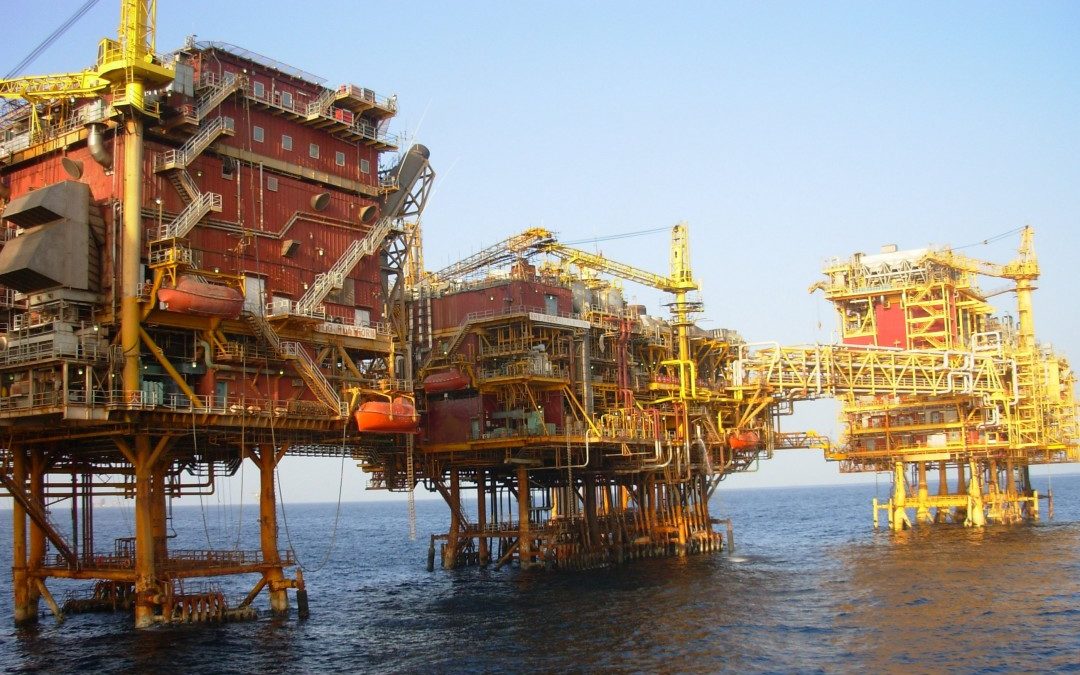
PAC 130 – Energy Transition Controlled by the Majors The 26th World Gas Conference
By Weiting Chao. Translation: Lawrence Myers
Six months before the Climate Conference (COP21), the 26th World Gas Conference (WGC2015) was held June 1-5, 2015, in Paris. Organized by the IGU (International Gas Union), the event brought together more than 4,000 representatives from 83 countries from the biggest global industry players including BP, Total, Shell, ExxonMobil, Chevron, ENI, BG Group, Statoil, Qatargass, PetroChina, etc. Climate change, which now takes center stage, incited these actors to discuss themes linked to energy transition…
read more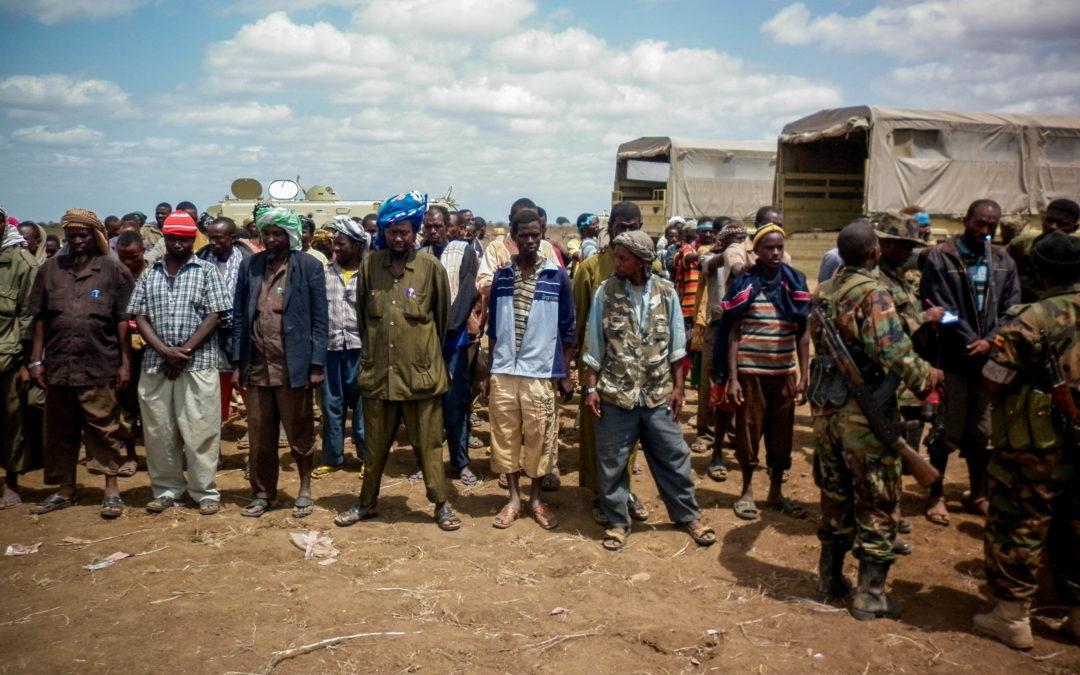
PAC – 129 Strike Kenya, Terrorize the Globe Transnational Terrorism by the Somali Al-Shabaab
By Philippe Hugon. Translation: Lawrence Myers
On March 23, 2015, Al-Shabaab (“the youth” in Arabic) attacked Garissa University in Kenya, leaving more than 150 dead. These actions, targeting Christian students, were committed in an extremely violent manner in a symbolic place known for dispensing knowledge. They occurred one month after Al-Shabaab pledged its allegiance to Al-Qaida and threatened shopping centers of western origin…
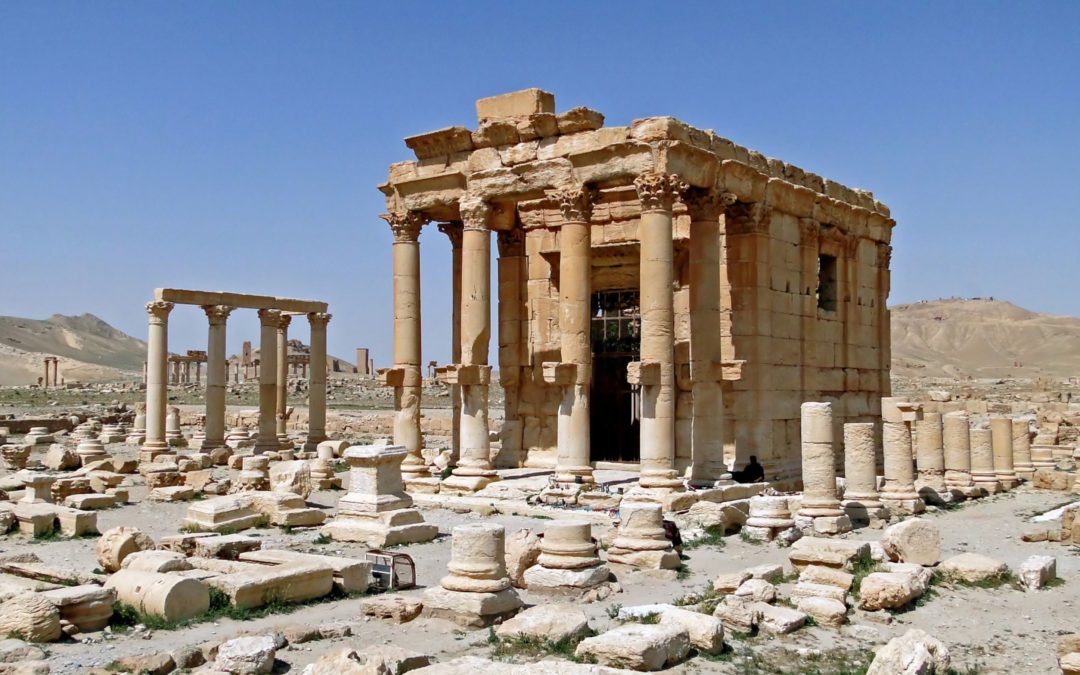
PAC 128 – The Globalization of Fanaticism The Cultural Destructions of the Islamic State
By Alexandre Bohas. Translation: Lawrence Myers.
With the capture of Palmyra by Islamic State troops in Iraq and in the Levant (ISIL or Daesh in Arabic) in May, one of the most prestigious sites of antiquity is now threatened with extinction. This event testifies to ideological motives of this self-proclaimed caliphate against cultural buildings.
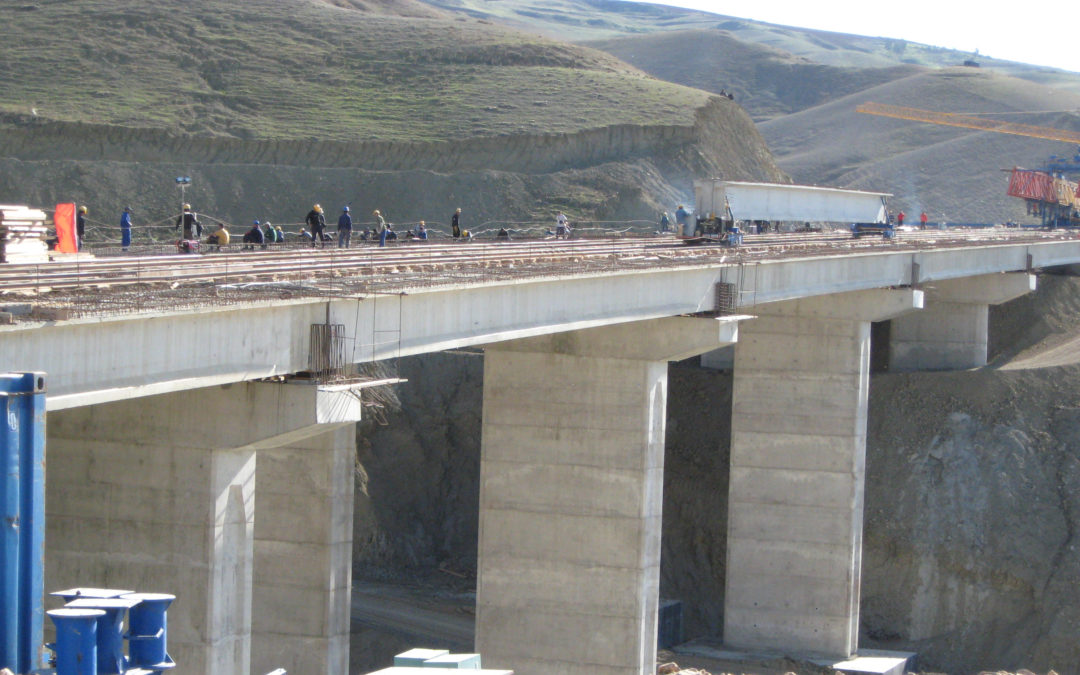
PAC 127 – Socio-political Asymmetry of Economic Cooperation The Dominate Position of Chinese Firms in Algeria
By Moustafa Benberrah
Translation: Lawrence Myers
On April 16, 2015, the city of Constantine was declared the capital of Arab culture for one calendar year. During this time, Constantine will welcome theatrical plays, festivals, symposiums, exhibitions, etc. A budget of seven billion dinars (700 million dollars) is earmarked for the organization of this event. For the occasion, the Algerian Prime Minister Abdelmalek Sellal has initiated several large projects including a cultural hub comprised of a cultural center, an urban library, a museum and galleries, alongside an art and history museum, an exhibition center and a 3,000-seat performance hall…
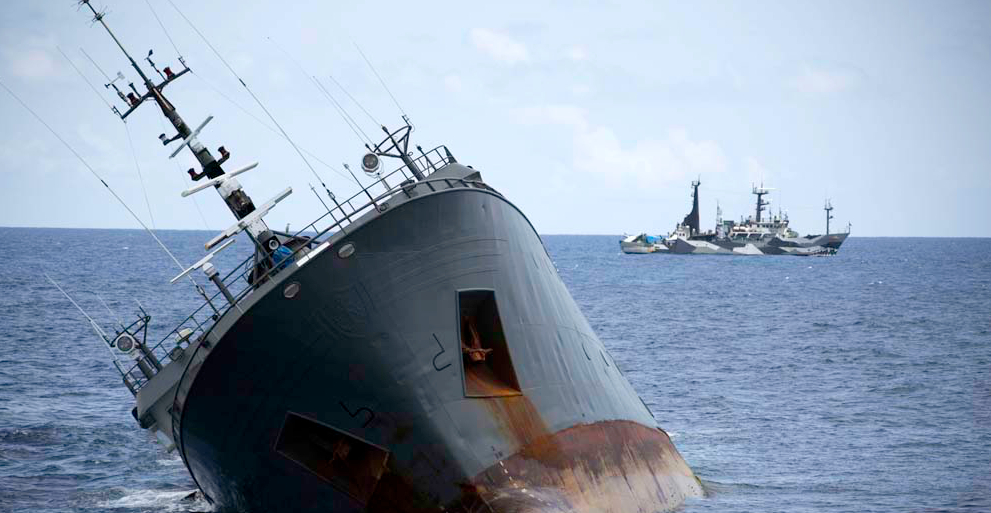
PAC 126 – The High Seas Victim of Transnational Crime The Sinking of the Poacher Thunder in São Tomé and Principe, April 6, 2015
By Valérie Le Brenne
Translation: Lawrence Myers
Passage au crible n° 126
On April 6, 2015, the Thunder sank in the waters of São Tomé and Principe. Accused of illegal, unreported and unregulated fishing (IUU) and suspected of human trafficking, this vessel flying the Nigerian flag was the subject of a purple notice given by Interpol in 2003. The captain of the Bob Barker – a Sea Shepherd ship launched in pursuit of the poacher more than one hundred days ago – immediately declared that it was a matter of scuttling.
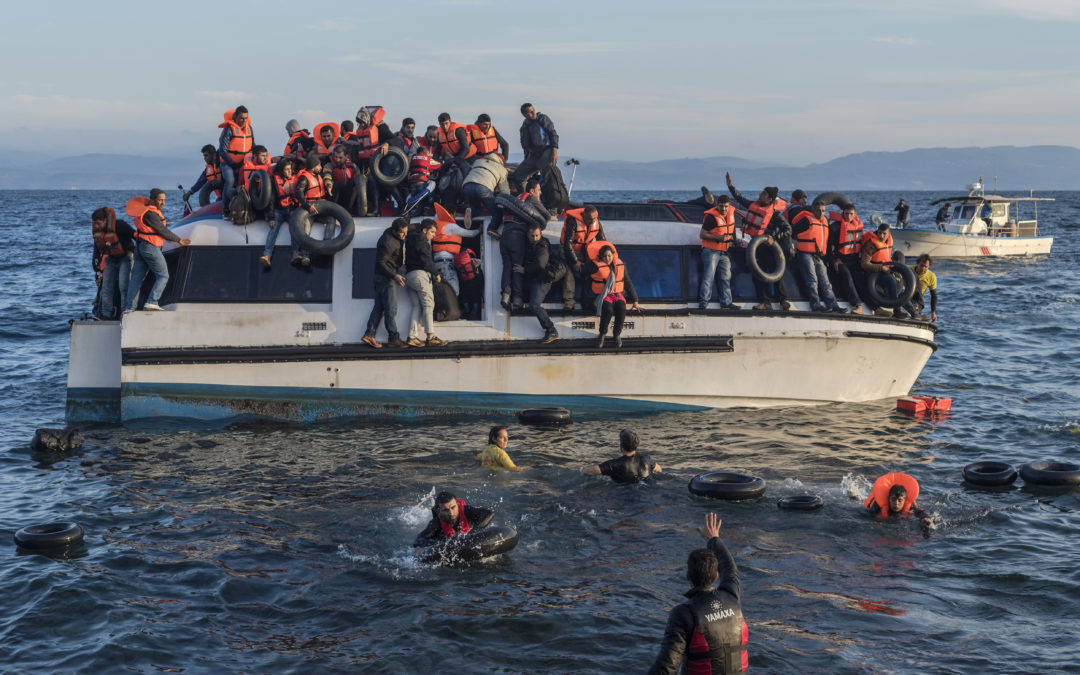
PAC 125 – The Mediterranean, Laboratory of Turbulence Migrant Shipwrecks
By Catherine Wihtol de Wenden
Translation: Lawrence Myers
Passage au crible n° 125
The end of 2014 and the beginning of 2015 were the setting for new migratory catastrophes in the Mediterranean. In the South of the peninsula, the Italian coast guard intercepted two cargo ships, abandoned by the smugglers who had chartered them.
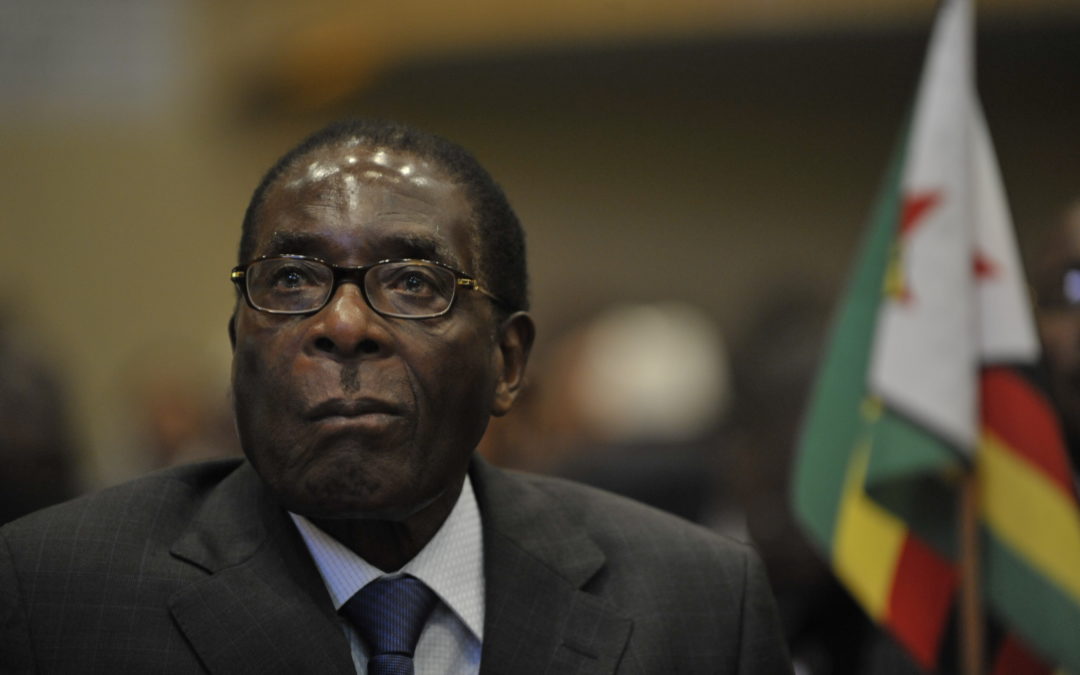
PAC 124 – The Weak Cohesion of the African Union The Election of Robert Mugabe as President
By Philippe Hugon Translation: Lawrence Myers Passage au crible n° 124 Source: Wikimedia The 24th Summit of the AU (African Union) was held in Addis Ababa from January 21-28, 2015. The major issues were related to the “Year of Women’s Empowerment and Development towards Africa’s Agenda 2063”. The question of the Ebola epidemic was addressed with a request for cancellation of debt up to 3 billion US dollars for the three countries concerned: Guinea, Liberia and Sierra Leone. The Peace and Security Council was held on January 29 with 15 heads of state in attendance, but without the Nigerian President, Good Luck Jonathan. On the authority’s agenda was the fight against terrorism, particularly targeting Boko Haram. Appealing to UN financing, a multinational force of 7,500 was proposed. However, the highlight was the designation of the president of Zimbabwe, Robert Mugabe, as the new president of the African Union. At 90 years old, this autocrat in power for 35 years, hero of the fight against Apartheid, increased criticism of the West. His election symbolizes the contradiction of African countries expressing an anti-western Pan-Africanism, despite member states’ inability to deal autonomously with questions related to peace and security or to solve the problem of epidemics. It also testifies to the constancy of gerontocrats, presidents for life, in the face of the African youth seeking their place in the political game and which, in so doing, opposes constitutional manipulations. > Historical background > Theoretical framework > Analysis > References Historical background The African Union reinforced the political integration of Africa by implementing the NEPAD (The New Partnership for the Development of Africa) and the transformation in... read more
PAC 123 – Sony Challenged by a Post-International World The Interview and the North Korean Cyber Attacks
By Alexandre Bohas
Translation: Lawrence Myers
Passage au crible n° 123
Sony, which just filmed and produced The Interview, was recently threatened by terrorist attacks. The film derides the North Korean regime and ends with the assassination of the current president, Kim Jon-un…



